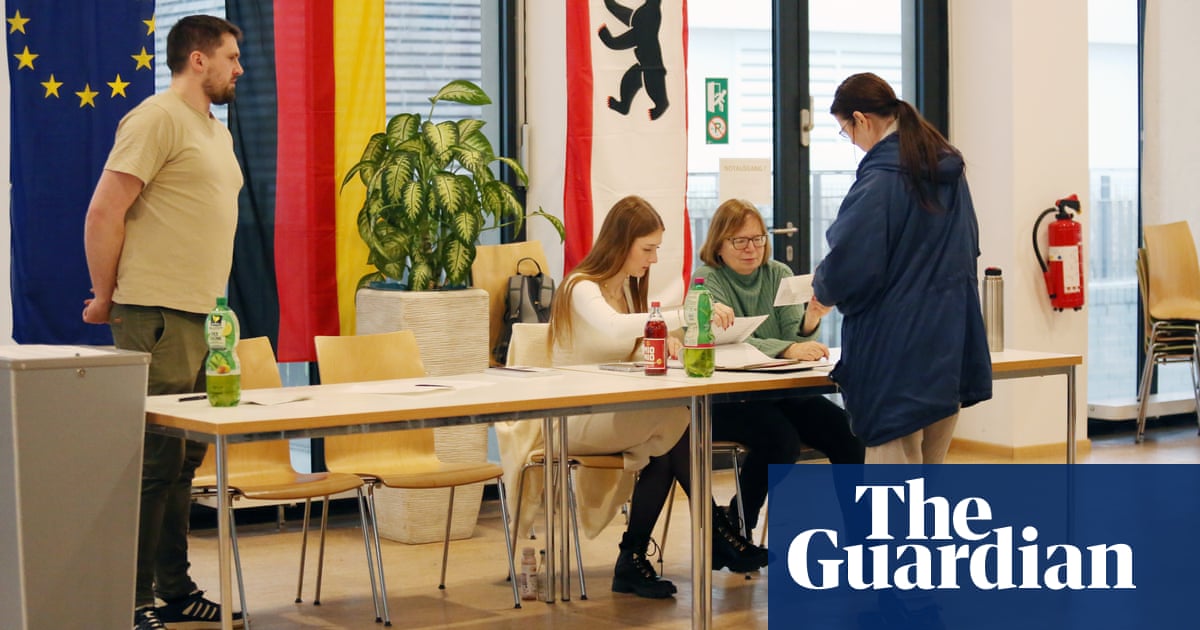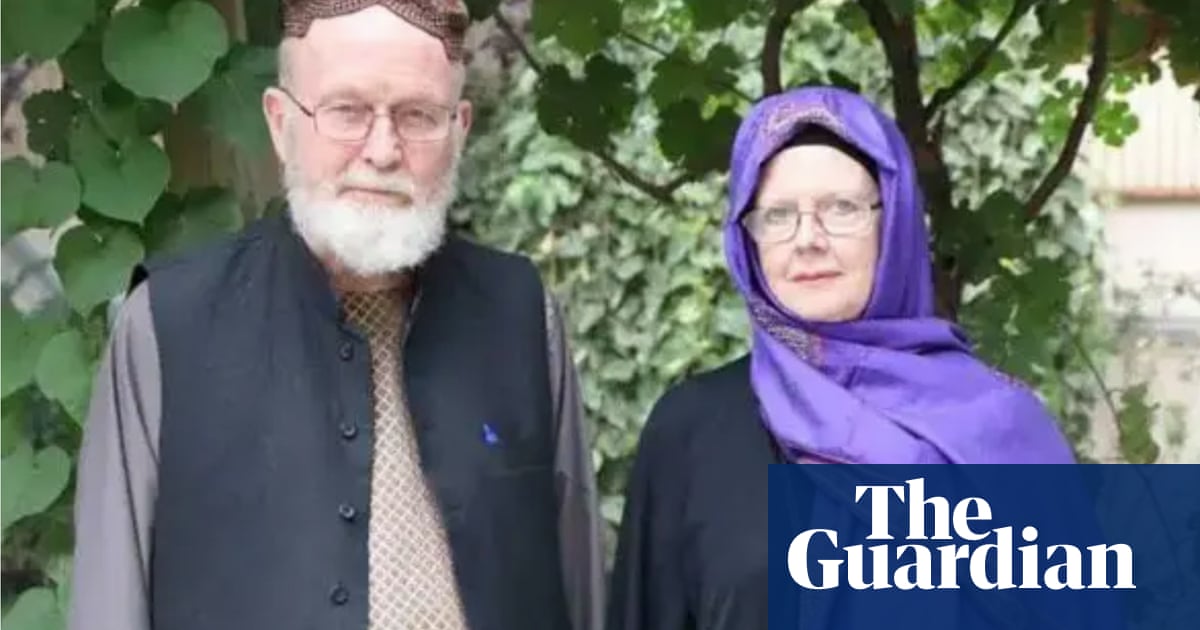A museum dedicated to the flamboyant British poet and satirist Lord Byron is due to open in the northern Italian city of Ravenna, housed in the same building where he pursued an intense affair with the wife of an aristocrat and completed some of his most famous works.
Byron unabashedly moved in 1819 into Palazzo Guiccioli, owned by the husband of Countess Teresa Guiccioli, whom he met at a party in Venice.
The sprawling residence in the heart of the city has been restored by the Cassa di Risparmio di Ravenna Foundation and from 29 November visitors will be able to wander through the rooms where the romance took place and where he knuckled down to complete masterpieces including Don Juan, Sardanapalus, The Prophecy of Dante and the final canto of Childe Harold’s Pilgrimage.

One of the rooms contains tokens of love kept by the countess, including letters, jewellery, locks of the poet’s curly hair and shards of his sunburned skin.
The museum will partly be dedicated to the Risorgimento, the 19th-century Italian movement for unification, owing to Byron’s connections to figures involved with the Carbonari, an informal network of secret revolutionary societies that played a role in the unification process.
“The idea is to link three aspects of who Lord Byron was – the poet, the lover, and the person oriented towards freedom,” said Fabio Ricci, a press spokesperson for the museum.
Byron died in 1824 in what is now Greece. He had several affairs during his life but the countess was his final great love.
“The love for Teresa led Byron to transform himself and, without becoming a saint, he changed his life,” said Antonio Patuelli, the president of the foundation.
Visitors to the museum, which the foundation said was the only one in the world specifically dedicated to Byron, will also be able to relive the poet’s experiences in Italy and learn what it was about the country that inspired him, thanks to interactive virtual reality technology.
Byron fled England for mainland Europe in 1816, leaving behind a trail of scandalous affairs and debt, never to return. He travelled to Belgium and Switzerland, as well as Venice and Rome, before returning to Venice in 1819, where he met the countess. It was love at first sight, and the pair had contemplated eloping before settling in her marital home. He then followed her to Pisa in 1821.

During his time in Ravenna, Byron received visits from his friends, Percy Bysshe Shelley, also considered one of the major English Romantic poets, and the Irish writer and poet Thomas Moore.
Byron was described by the writer Caroline Lamb, with whom he also had an affair, as “mad, bad, and dangerous to know”. He was known by people in Ravenna as “the crazy Englishman”.
In 1823, he left Italy for Greece, where he joined insurgents fighting the war of independence against the Ottoman empire. He died of a fever in Missolonghi in April 1824, aged 36, and is buried at his family vault in Nottinghamshire.

 2 months ago
49
2 months ago
49













































